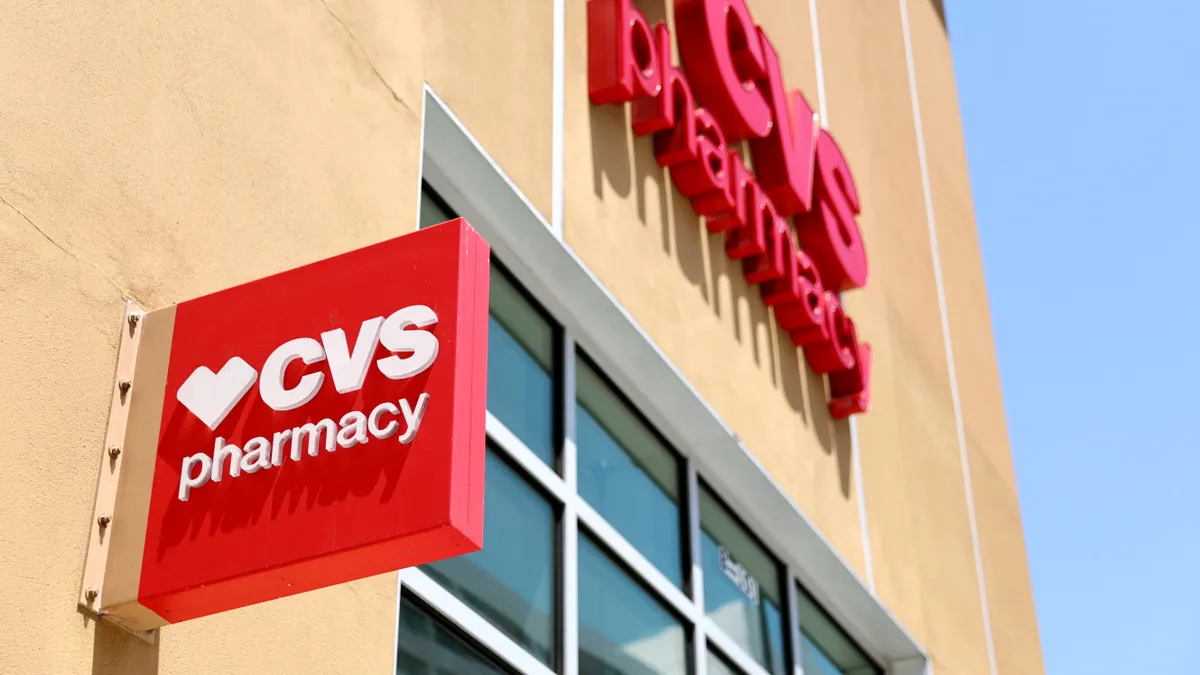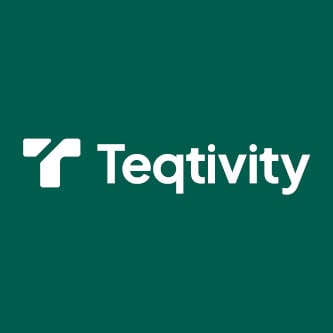Dive Brief:
-
CVS Health’s new pharmacy reimbursement model is not expected to drive up the price its customers pay for their medicines, CFO Thomas Cowhey said at a conference Monday.
-
“I hear very often feedback from investors who say, ‘With this new model prices are going to go up.’… That's just not correct,” said Cowhey. “Think about that reimbursement pressure, that billion dollars a year. We've offset, on average, more than half of that every year with improvements in cost of goods…we will pass those [lower] costs onto the customers as they happen.”
-
Cowhey along with CVS CEO Karen Lynch spoke at the JPMorgan Healthcare Conference in San Francisco just days after Cowhey was named permanent CFO of the Woonsocket, Rhode Island-based healthcare giant.
Dive Insight:
Pharmacy benefit managers (PBMs) are third parties that work as intermediaries between insurance providers, drug companies and the pharmacies. The three PBMs that dominate the U.S. market are owned by insurers, including CVS-owned Caremark, Cigna-owned Express Scripts and Optum Rx, which is owned by UnitedHealth Group. Pharmacy reimbursements traditionally haven’t been tied to the cost of a drug and are based on pricing agreements negotiated between PBMs, manufacturers and insurers.
In December 2023, CVS rolled out a new model that governs how its pharmacies are reimbursed by PBMs and other payers. The new approach, called CostVantage, is based on a reimbursement formula that includes the underlying cost of the drug plus a defined markup and a patient management fee, according to Lynch. Mark Cuban’s Cost Plus Drug Company uses a similar approach.
CVS plans to launch CostVantage with PBMs for their commercial payers in 2025; the company has already introduced CostVantage this year at Caremark.
“This model is not shifting value from the PBM to the pharmacy. It's increasing the transparency around the value that the pharmacy drives for PBM clients,” said Lynch.
Under the legacy reimbursement model, pharmacies paid by PBMs aren’t compensated based on the cost of the drugs. Instead, they are compensated at higher rates for certain types of drugs to offset losses on others. As branded drug costs rise and reimbursements from payers fall, this structure has resulted in flattening revenue for pharmacies, CVS Chief Pharmacy Officer Prem Shah said at the company’s investor day in December.
The new pharmacy reimbursement formula will ensure a more sustainable pharmacy business, in which pharmacy reimbursement is tied to the underlying costs of the business and “will allow our pharmacies to be reasonably compensated for the care and for the value that they provide,” said Lynch.
CostVantage, however, may not result in lower drug costs for consumers, as some drugs may cost less, while others might rise in price, The Wall Street Journal reported in December.
The PBM business model has been the subject of scrutiny from lawmakers and has underpinned recent legislation aimed at bringing more transparency to price negotiations. In addition, the Federal Trade Commission is conducting an inquiry into PBMs and their impact on the accessibility and affordability of prescription drugs. Critics of the PBM industry say they artificially inflate prices, resulting in higher out-of-pocket costs for consumers.













